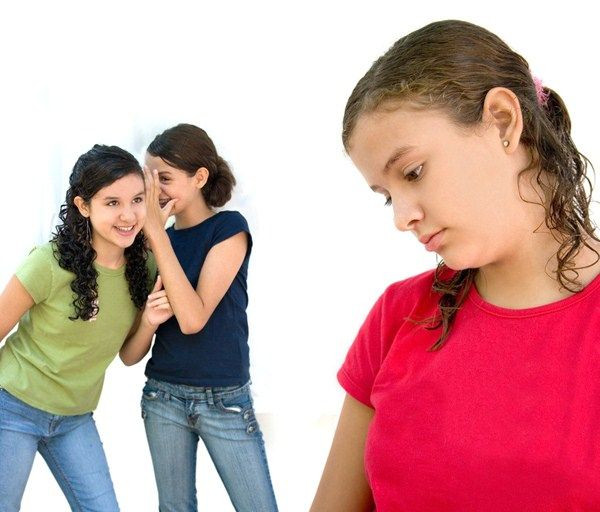Depressed Kids Are More Likely to Be Bullied and Ostracized

Depressed adolescents are more likely to be bullied and less likely to develop peer relationships in school, according to researchers.
It was generally assumed that being bullied leads to psychological problems like depression, but researchers from Arizona State University found that just the opposite: that depression symptoms leads to negative peer relationships, according to a statement released on Wednesday.
"Often the assumption is that problematic peer relationships drive depression. We found that depression symptoms predicted negative peer relationships," said study co-author Karen Kochel of Arizona State University in a statement. "We examined the issue from both directions but found no evidence to suggest that peer relationships forecasted depression among this school-based sample of adolescents."
The findings are published in the journal Child Development.
Researchers said depressive symptoms escalates during the time of adolescents, especially in girls, most likely because of the onset of puberty or new interpersonal challenges, such as emotionally demanding peer and romantic relationships that often occur during adolescence.
"If adolescent depression forecasts peer relationship problems, then recognizing depression is very important at this particular age. This is especially true given that social adjustment in adolescence appears to have implications for functioning throughout an individual's lifetime," Kochel said.
Researchers examined data from 486 youths from fourth to sixth grade and evaluated depression symptoms and social acceptance by surveying parents, teachers, peers and the students themselves.
The findings showed that fourth graders who showed signs of depression were more likely than their peers to be victimized as fifth graders, and bullied fifth graders were generally less accepted by their peers in sixth grade.
However, researchers did not find evidence that suggested being bullied increased a child’s risk of becoming depressed later on.
Teachers and parents were asked to identify classic signs of depression such as frequent crying and lack of energy to determine whether the children suffered from the mental illness. Peer victimization was defined as bullying that was manifested physically, verbally or relationally such as talking behind someone’s back.
Researchers stressed that having positive peer relationships is essential for the ability to adapt to certain aspect of life such as academic achievement and mental well-being.
School may be the most ideal place to observe and address adolescents signs of depression because students spend more time with their friends and less time with their parents as they become adolescents.
"We studied peer relationships within the school context. Parents tend not to observe these relationships," Kochel said. "Because depression has the potential to undermine the maturation of key developmental skills, such as establishing healthy peer relationships, it's important to be aware of the signs and symptoms of adolescent depression."
Parents and teachers should be aware of signs of depression and children and should address them by arranging for treatment and helping children socialize and get along with peers. Kochel said the cycle of depression and victimization generally worsens, if left unchecked it can lead to social skills deficits, interpersonal rejection, and an assortment of future problems.
Published by Medicaldaily.com



























